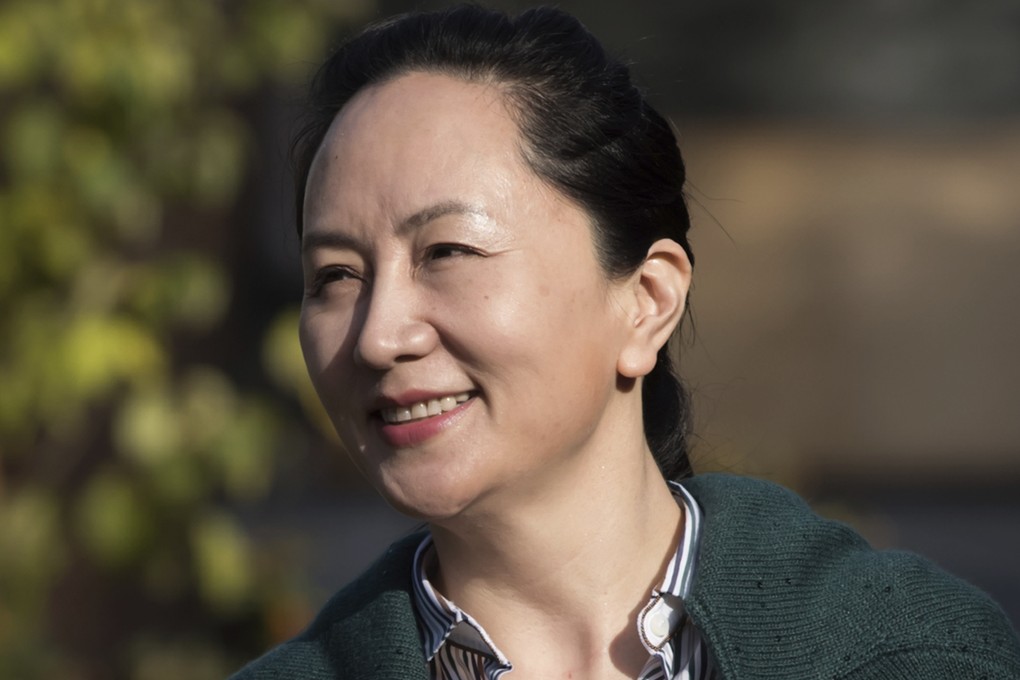Border search of Meng Wanzhou was bogus because her entry to Canada was ‘foregone conclusion’, lawyers say in extradition case
- The hearing is adjourned until Monday, when crown lawyers will continue arguments opposing the defence request to disclose more documents about Meng’s arrest
- Seizure of Huawei executive’s electronic devices ‘was ultimately for the benefit of the FBI’, lawyer for Meng tells court

Lawyers for Meng Wanzhou on Wednesday accused Canadian authorities of misinterpreting the law to justify border officers’ search and questioning of the Huawei executive before her December 1 arrest, saying it should have been a “foregone conclusion” that she would be admitted to Canada.
The lawyers continued to argue in a Vancouver court that Meng had been the victim of an abuse of process by Canadian authorities when they arrested her on behalf of the US, that the immigration examination was a pretext to gather evidence for the American case against her, and that more documents relating to the arrest should be released amid her high-stakes extradition battle.
Meng, 47, the daughter of Huawei founder Ren Zhengfei, was arrested at Vancouver’s airport almost 10 months ago during a stopover on her way from Hong Kong to Mexico.
The US wants Meng to face trial for allegedly defrauding HSBC by misleading the bank about Huawei’s business dealings in Iran.
“The attorney general’s submissions ignore the practical reality [that] it was a foregone conclusion that [Meng] was entering Canada,” said Scott Fenton, one of Meng’s lawyers.
Meng, a former permanent resident of Canada, visited the country more than 50 times over the past decade, including six times in 2018 before her arrest, immigration records provided to the court show.